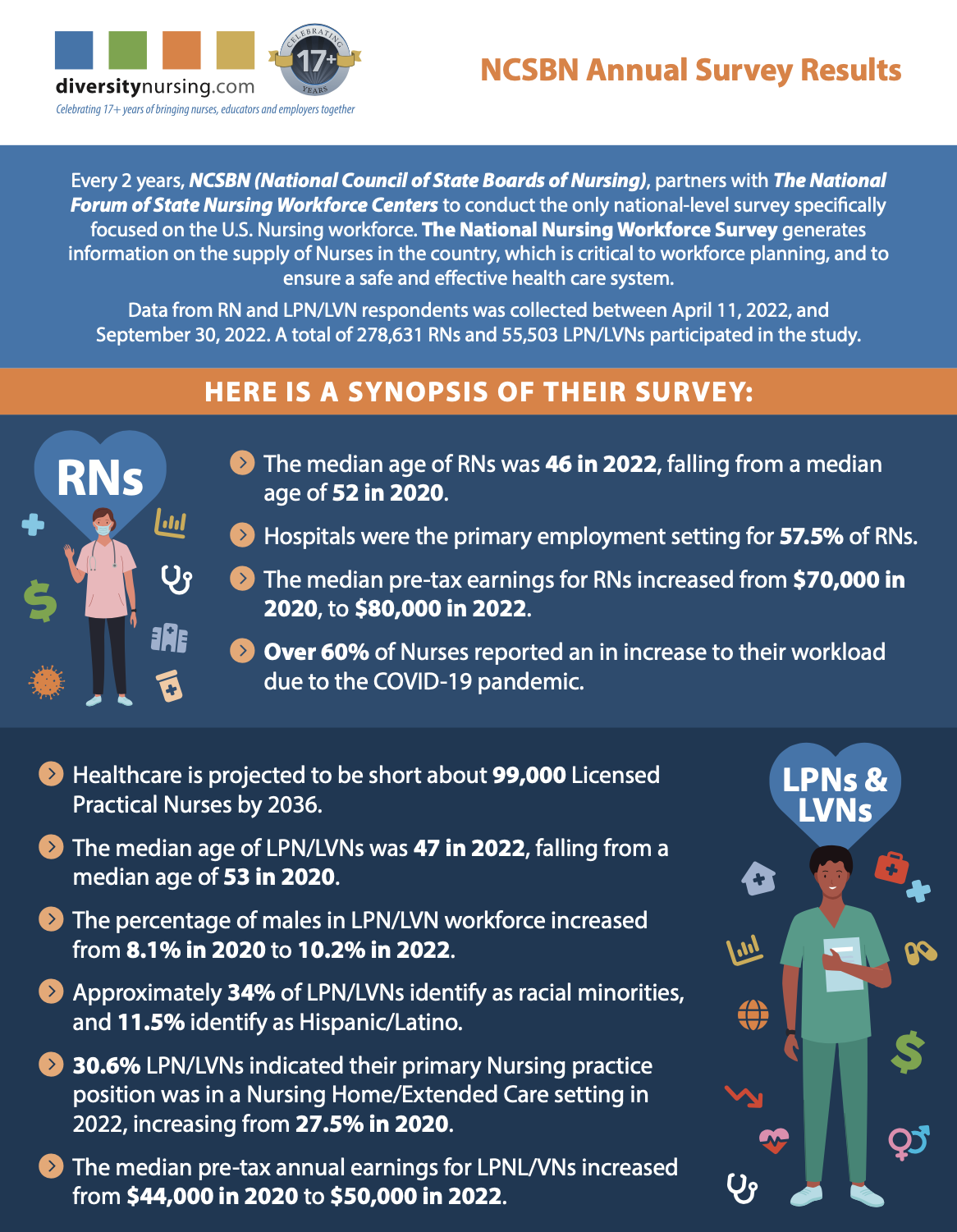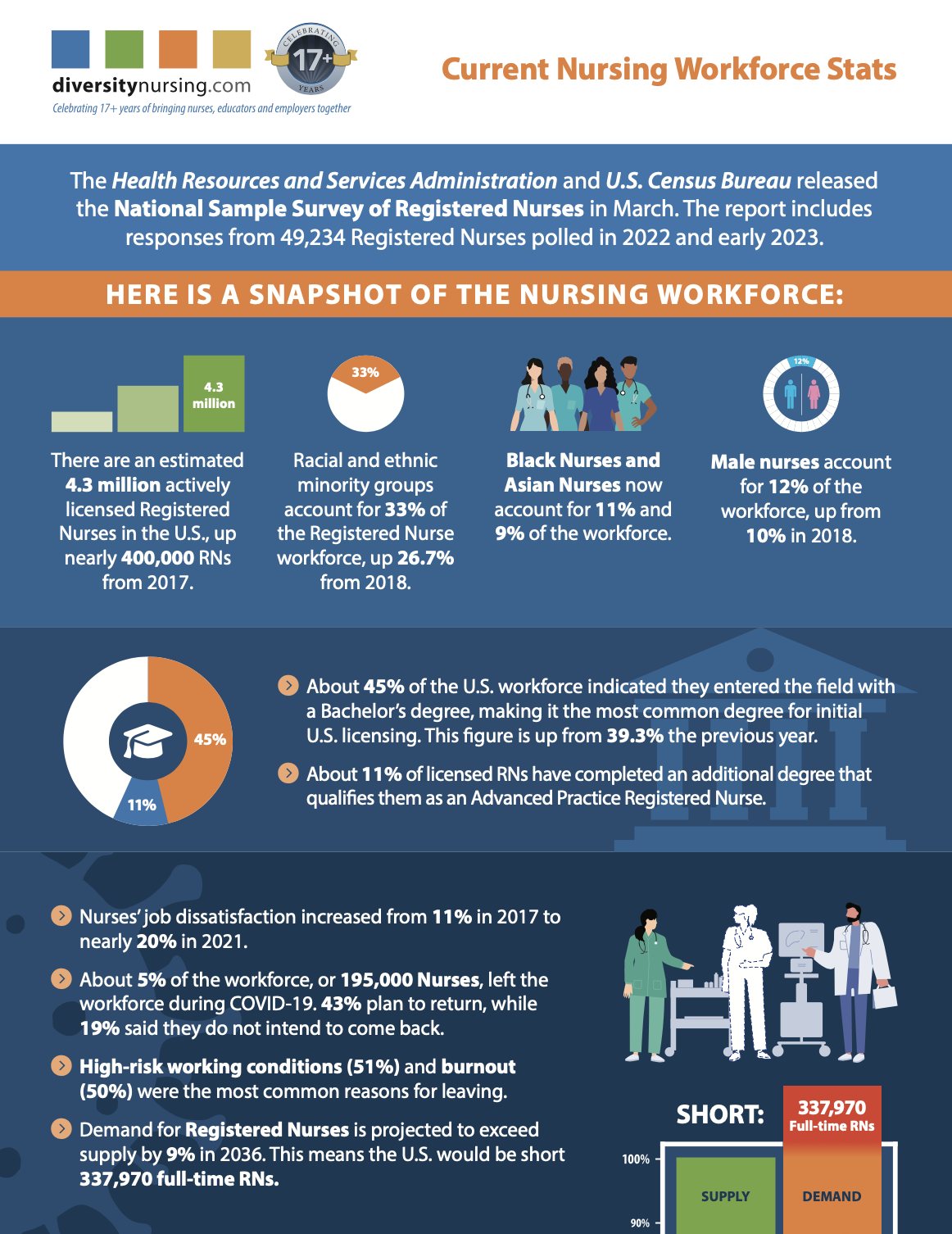It is essential for healthcare to be fair and accessible to all individuals, yet LGBTQ+ individuals often face significant health disparities. These disparities arise from various factors, including societal stigma, discrimination, and a lack of culturally competent care.
As Nurses, we hold a unique position to recognize and address these health inequities, guaranteeing LGBTQ+ patients receive high-quality care they rightfully deserve. In this discussion, we delve into the specific health challenges encountered by LGBTQ+ communities and explore strategies for Nurses to alleviate these disparities.
Understanding Health Disparities in LGBTQ+ Populations
Mental Health: LGBTQ+ individuals are at a higher risk for mental health issues such as depression, anxiety, and suicidal ideation. Factors contributing to these issues include societal stigma, discrimination, and lack of social support.Substance Use: Higher rates of substance use and abuse are observed among LGBTQ+ populations. An estimated 20 to 30% of the LGBTQ+ community abuses substances, compared to about 9% of the general population. This is often a coping mechanism for dealing with discrimination, trauma, and social rejection.
Sexual and Reproductive Health: LGBTQ+ individuals may face challenges in accessing appropriate sexual and reproductive health services. This includes higher rates of sexually transmitted infections (STIs), including HIV, particularly among gay and bisexual men and transgender women.
Chronic Diseases: There is a higher prevalence of certain chronic diseases in LGBTQ+ populations, such as cardiovascular disease, obesity, and certain cancers. These are often linked to stress, smoking, and other lifestyle factors influenced by minority stress.
Access to Healthcare: LGBTQ+ individuals often experience barriers to healthcare access, including lack of insurance, discrimination by healthcare providers, and fear of disclosing their sexual orientation or gender identity.
Strategies for Nurses to Address and Reduce Health Disparities
Provide Culturally Competent Care
Education and Training: Participate in ongoing education and training focused on LGBTQ+ health disparities and cultural competence. This involves gaining insight into the specific healthcare requirements of LGBTQ+ individuals and honing effective and respectful communication skills.
Inclusive Environment: Establish a warm and inviting atmosphere within your healthcare facility. Showcase symbols of inclusivity, incorporate inclusive language in documentation, and guarantee all team members are well-versed in LGBTQ+ cultural competence.
Enhance Mental Health Support
Screening and Referral: Conduct regular screenings for mental health concerns such as depression, anxiety, and thoughts of self-harm. Connect LGBTQ+ individuals to mental health providers and support services that affirm their identities and experiences.
Peer Support: Foster peer support groups within your healthcare facility or local community. These groups offer a safe and understanding environment for LGBTQ+ individuals to exchange experiences and effective coping mechanisms.
Address Substance Use
Non-Judgmental Approach: Approach discussions surrounding substance use with empathy and understanding. Take into account the underlying factors contributing to substance use and offer compassionate support and access to appropriate treatment resources.
Tailored Interventions: Create and execute substance use interventions that cater to the unique requirements of LGBTQ+ individuals. This entails offering culturally sensitive counseling and support programs tailored to their specific needs.
Improve Sexual and Reproductive Health Services
Comprehensive Care: Provide comprehensive and accessible sexual and reproductive health services to meet the needs of LGBTQ+ individuals. This encompasses offering STI screening, HIV prevention and treatment, as well as inclusive family planning services.
Education and Outreach: Offer education on safe sex practices and sexual health catered to the unique needs of LGBTQ+ patients. Engage in outreach efforts to link individuals with pertinent services and resources, promoting a holistic approach to sexual and reproductive health care.
Promote Chronic Disease Prevention and Management
Regular Screening: Conduct regular screenings for chronic illnesses among LGBTQ+ individuals, focusing on conditions that are commonly seen within this community.
Lifestyle Support: Provide assistance for promoting healthy lifestyle choices, including programs to quit smoking, guidance on nutrition, and techniques for managing stress.
Advocate for Policy Changes
Inclusive Policies: Advocate for the establishment of inclusive policies in healthcare environments, ensuring these policies explicitly encompass and protect individuals based on their sexual orientation and gender identity.
Access to Care: Push for enhanced healthcare access for LGBTQ+ individuals by advocating for inclusive insurance coverage, expanding healthcare services, and dismantling barriers to care.
Addressing health disparities in LGBTQ+ populations requires a multifaceted approach that includes education, compassionate care, and advocacy. By understanding the unique challenges faced by LGBTQ+ individuals and implementing targeted strategies, Nurses can play a crucial role in reducing these disparities and improving health outcomes. Our commitment to equity and inclusivity in healthcare can make a profound difference in the lives of LGBTQ+ patients, fostering a system where everyone receives the care and respect they deserve.
As Nurses, we have the responsibility and the opportunity to lead the way in creating a more equitable healthcare system. By embracing these strategies, we can ensure our care is inclusive, compassionate, and effective for all patients, regardless of their sexual orientation or gender identity.




